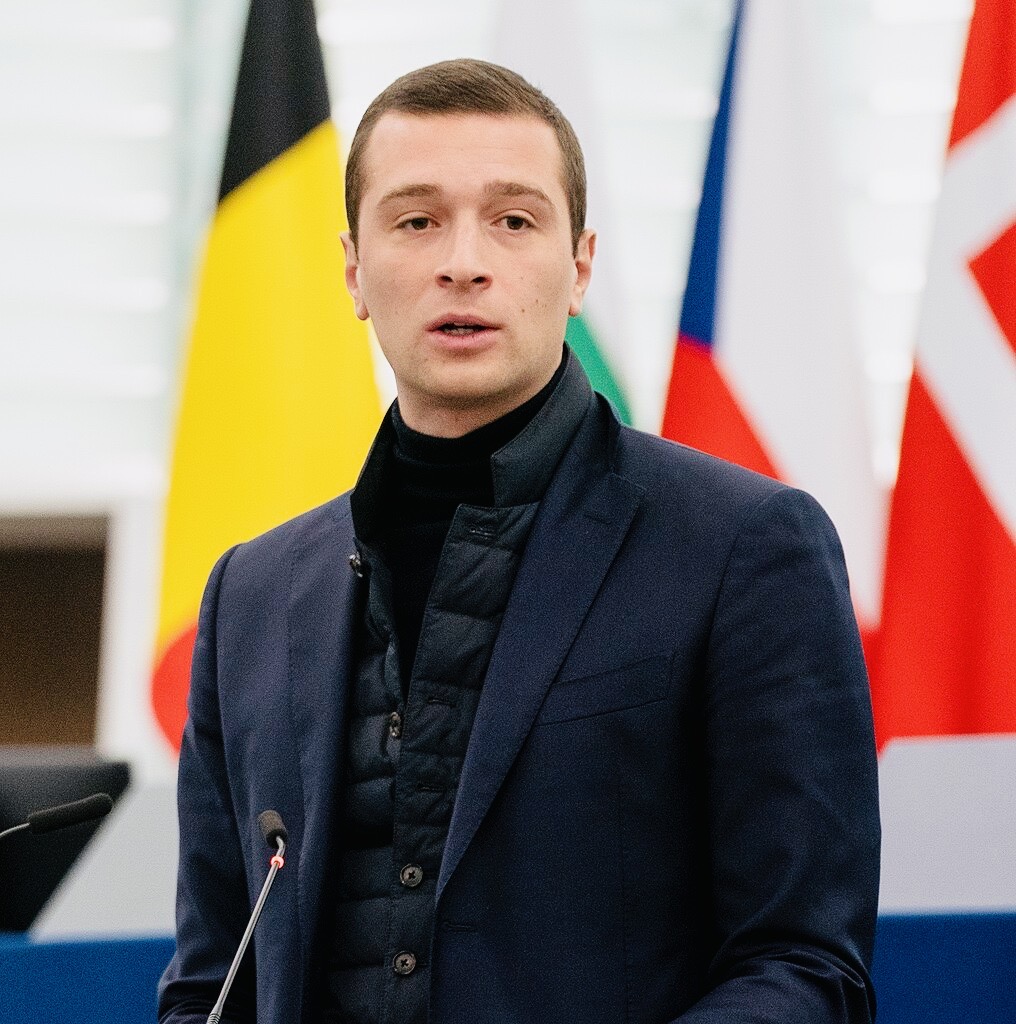The International Conference on Combating Antisemitism took place in Jerusalem a few days ago, highlighting the growing alliance between Israel and far-right political parties in Europe and underscoring Israel’s increasingly strained relations with its traditional Western allies.
Organized by Diaspora Minister Amichai Chikli, a member of Prime Minister Benjamin Netanyahu’s right-wing Likud Party, it created a firestorm of controversy, and was shunned by some of Israel’s supporters abroad who objected to its divisive guest list.
Among the guests who cancelled their appearances were Jonathan Greenblatt, the chief executive officer of the Anti-Defamation League; Ephraim Mirvis, the chief rabbi of Britain; Felix Klein, the commissioner for Jewish Life in Germany and the Fight against Antisemitism; Volker Beck, the head of the Germany-Israel Friendship Society, and Bernard-Henri Levy, the French author.
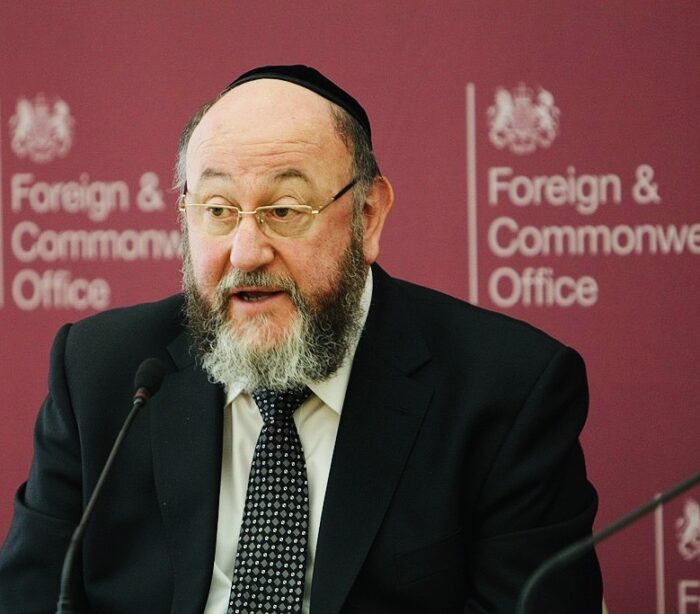
Michal Cotler-Wunsh, Israel’s special envoy to combat antisemitism and the daughter of Canadian human rights lawyer Irwin Cotler, stayed away as well. She participated in an opening event at the residence of Israeli President Isaac Herzog, to which far-right leaders were not invited. Herzog himself boycotted the the conference itself.
Critics regarded the list as an affront, objecting to such foreign guests as Jordan Bardella, the president of the National Rally Party in France; Marion Marechal, the niece of Marine Le Pen, the leader of the National Rally, formerly known as the National Front; Hermann Tertsch, a Spanish member of the European Parliament; and Bosnian Serb President Milorad Dodik, who claimed that Muslims in Sarajevo “want to punish me because I came here to Israel supporting Israel.”
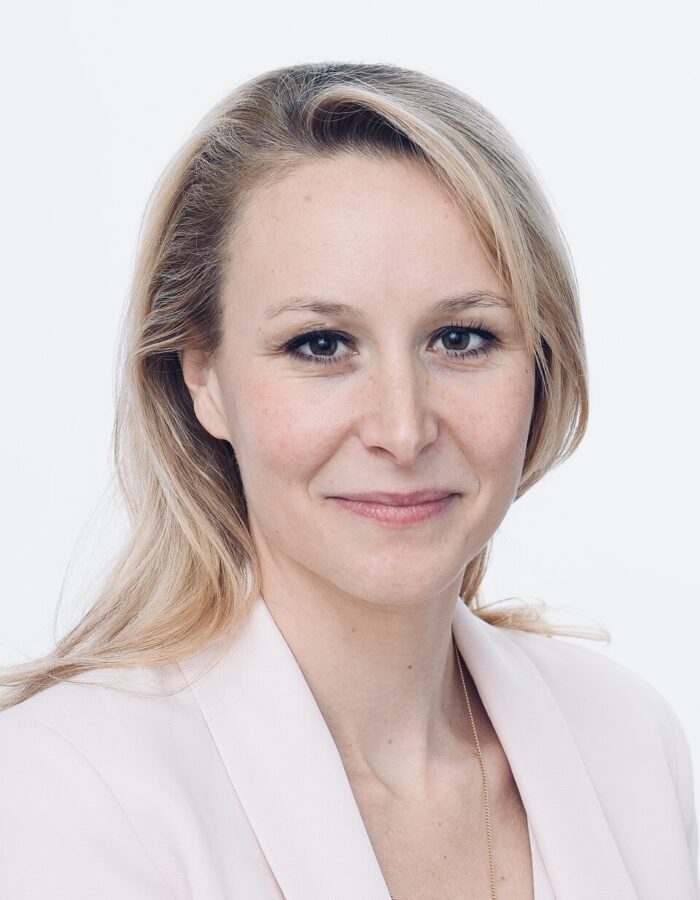
Representatives from the Alternative for Germany Party, which fared well in the recent German federal election, were not invited.
The president of the European Jewish Congress, Ariel Muzicant, condemned the guest list in a letter to the Jerusalem Post. “The motivation of extreme right politicians to come to this conference is not the love for Israel or to protect the Jews, but mainly to get a kosher rabbi stamp,” he wrote.
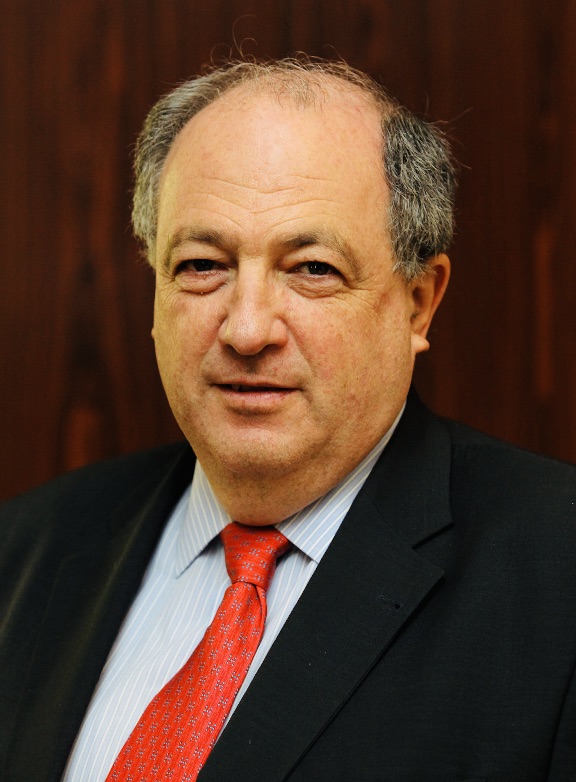
Michel Friedman, the former president of the European Jewish Congress and the ex-vice president of the Central Council of Jews in Germany, expressed indignation. “Nobody who convenes a conference against antisemitism can at the same time invite antisemites who spread the poison of prejudice and hatred,” he said. “The Netanyahu government is becoming more and more disinhibited, and is seeking coalitions that are intolerable … The government is moving further and further to the right. That is very dangerous for Israel.”
And in a piece in the the German daily Süddeutsche Zeitung, Michael Brenner, a professor of Jewish history and culture at Ludwig Maximilian University in Munich, labelled the conference as a capitulation to the far-right.

“In Jewish communities outside of Israel, which feel under increasing pressure from verbal and physical attacks, there is a growing willingness to see right-wing and anti-Muslim forces as their supposed allies in the fight against terror,” he wrote. “In so doing, they forget that these right-wing extremists hate Muslims only a bit more than (they hate) Jews, who are still very much on their blacklist.”
Chikli, in defence of the list, issued an apology as the conference got under way. “First and foremost, I want to thank our friends and allies, especially our friends of the European Parliament, who have chosen to come to Israel during wartime,” he said, referring to the Israel-Hamas war in the Gaza Strip. “I apologize for the lies spread against you by those who slander the State of Israel worldwide.”
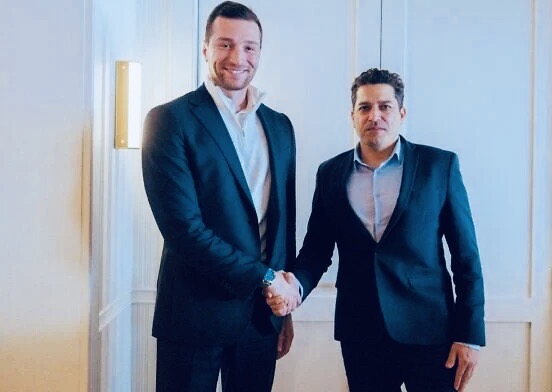
The conference unfolded against a surge of global antisemitism, which has skyrocketed since Hamas’ invasion of southern Israel on October 7, 2023.
Until several years ago, Israel — a nation founded after the Holocaust and populated by several hundred thousand Holocaust survivors — boycotted these parties and personalities due to their direct and tacit associations with antisemitism and Nazism.
With Netanyahu’s approval, Chikli broke the mould, launching a concerted campaign to bolster Israel’s relationship with Europe’s far-right parties.
Netanyahu is supportive of Chikli because he himself has cultivated close ties with right-wing populist leaders in Hungary, Brazil and Argentina. Many of these politicians, including Netanyahu, have been influenced by the policies of U.S. President Donald Trump.
In his speech to the conference, Netanyahu commended Trump for his “decisive actions against antisemitism” and blamed anti-Israel protests on American university campuses on the “systemic alliance between the ultra-progressive left and radical Islam.”
The current Israeli government regards rightists as allies in the battle against Islamic radicalism and anti-Israel agitation, at a time when left-wingers and progressives have abandoned Israel, denounced it as an expansionist and aggressive state oppressing Palestinians, and effectively sided with Hamas.
Israel’s confrontation with the Palestinian national movement and Islamic extremism meshes with the platform of the European far-right, which supports an ethno state like Israel and opposes Muslim immigration.
To critics, Israel’s entente with its former enemies inspires unease and often veers into Islamophobia.
Israel’s shift to the right began in the wake of the 1967 Six Day War and has accelerated markedly in the past few years.
Since the outbreak of Israel’s latest war with Hamas, which has claimed the lives of an unprecedented number of Palestinian civilians, the International Criminal Court has indicted Netanyahu for alleged crimes against humanity, while the International Criminal Court seems poised to accuse Israel of genocide.
Meanwhile, two of Israel’s key European partners, France and Britain, have been sharply critical of its tactics during the protracted war in Gaza.
Chikli’s efforts to court the far-right has had repercussions.
Late last year, the Romanian ambassador to Israel condemned Chikli for conducting a telephone conversation with Calin Georgescu, a presidential candidate who has praised Romanian fascist leaders instrumental in the mass murder of nearly 300,000 Jews during the Holocaust.
The president of France, Emmanuel Macron, complained to Netanyahu that Chikli had publicly endorsed the candidacy of Marine Le Pen in the most recent election. (On March 31, a criminal court in Paris found her guilty of embezzlement and barred her from running for public office for five years).
It would appear that the majority of speakers at the conference denounced antisemitism on the left and in Muslim societies, but barely mentioned traditional right-wing antisemitism, which has dogged Jews for centuries. According to reports, their topics ranged from “How Progressivism Fell Captive to Antisemitism” to “How Radical Islam Fuels Antisemitism in the West.”
In keeping with this restrictive and self-serving approach, Bardella, one of the keynote speakers, made no reference to antisemitism, a phenomenon his party promoted under the banner of the National Front.
Founded and led for much of its history by Jean-Marie Le Pen, who was convicted of Holocaust denial, Le Pen was a reviled figure in the eyes of Jews, liberals and socialists. His daughter, Marine Le Pen, distanced the party from his anti-Jewish legacy, changed its name and expelled her father.
Most importantly, she stopped demonizing Jews and focused instead on fighting radical Islam and excoriating immigration from Muslim countries. Since then, a small minority of Jews in France have come out in support of the National Rally, but major Jewish organizations still remain wary, citing Bardella’s warm eulogy of Jean-Marie Le Pen following his death in January. In a social media post, Bardella wrote that “he always served France, defended its identity and its sovereignty.”
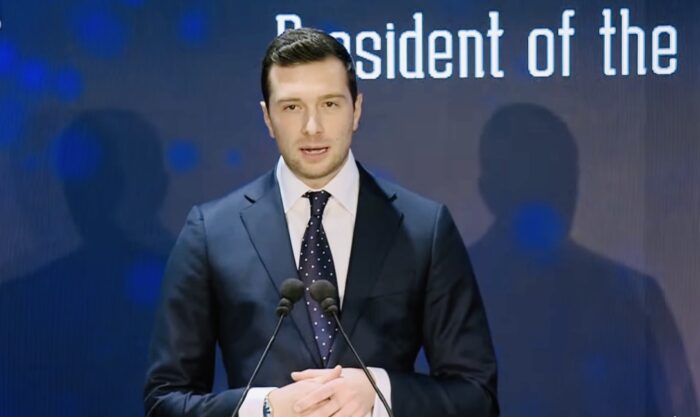
Bardella, in his speech at the conference, blamed rising antisemitism in Europe on migration and Islamism. As he put it, “Islamism is the totalitarianism of the 21st century. It threatens to destroy everything that is not like it.”
“We should suffer no ambiguity to fight against antisemitism,” he added. “In the face of the disturbing resurgence of anti-Jewish hatred throughout Europe and the world, and in the face of terrorism that intends to destroy our lives and our values, we French believe more than ever in the imperative need for our nations to unite their voices and join forces in this fight.”
Blaming immigration, Islamism and the political left for the resurgence of antisemitism in Europe, he said, “In the schools of the French republic, in some areas, the teaching of the Holocaust has become literally impossible, such is the extent to which the immigration policy pursued over the last 30 years has upset the great balances of our nation. Since October 7, in France and in Europe, we have been witnessing the deadly honeymoon between Islamism and the extreme left.”
Ending his speech on a combative note, he declared, “We need to be clear-headed enough to confront the Islamist threat.” And in a partial reference to Israel, he noted, “It is both your enemy as well as our most existential threat.”
These are fighting words, but they have yet to resonate with the majority of Jews in France and the rest of Europe.
